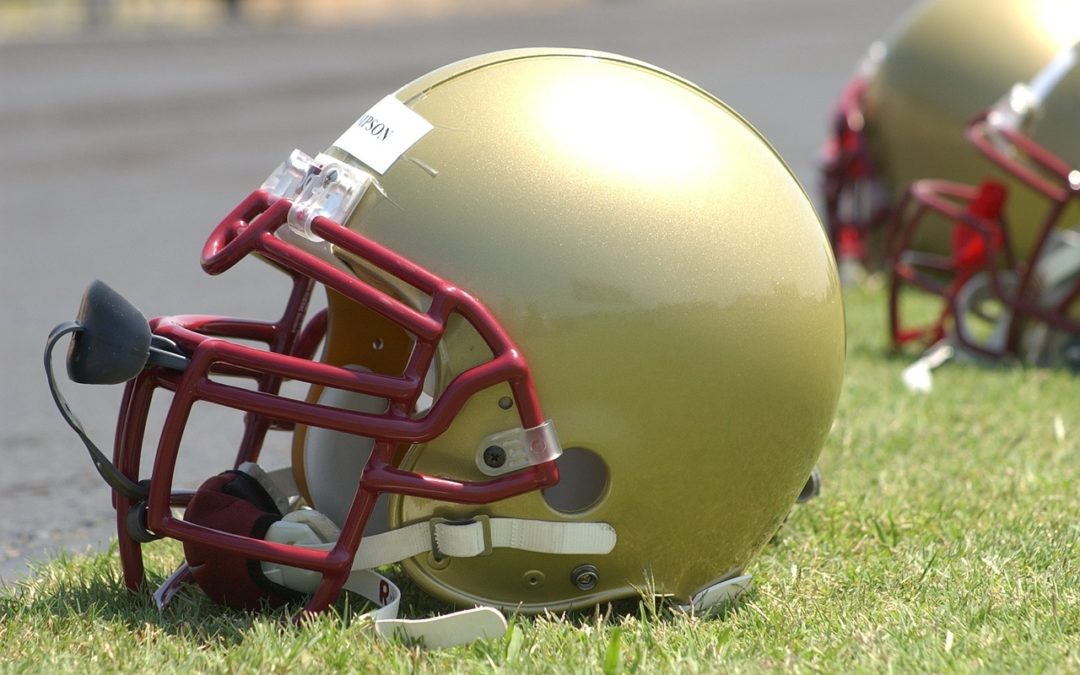Youth sports participation has grown steadily over the years. It is estimated that 20 to 25 million youth participate in competitive sports. As a result of this growth in participation levels, incidence of injury has also increased. Some have reported sports to account for approximately 36% of all unintentional injuries to children and adolescents. Of those injuries, 10-20% of all sports related injuries are maxillofacial injuries according to the American Dental Association.
The National Youth Sports Foundation for Safety reports dental injuries as the most common type of orofacial injury sustained during sports participation. They contend that an athlete is 60 times more likely to sustain damage to teeth when not wearing a mouthguard.
Types of Dental Injuries
Injuries to the teeth can be grouped in three different categories with care specific to each type.
Fracture: If possible, stabilize portion of tooth still in the mouth by gently biting on towel to control bleeding. The athlete and tooth fragments should be transported immediately to the dentist. The best method to transport the tooth is in milk, saline soaked gauze or under the athlete’s tongue.
Avulsion: Is where the entire tooth, including the root is knocked out. If the tooth is dirty, gently rinse with water. If possible place tooth back in socket and have athlete gently bite down on towel.
Luxation: When the tooth appears longer than surrounding teeth, this is called an Extruded Tooth. When the tooth is pushed back or pulled forward this is a Lateral Displacement. The tooth will need to be re-positioned in the socket using firm finger pressure. This is best done by a dentist or medical personnel. An intruded tooth that looks short, pushed into the gum transport athlete immediately to the dentist. Do not attempt to re position the tooth.
It is important to remember time is critical when handling dental injuries. Do not allow the athlete to wait until the end of the game to seek treatment for a dental injury. Transport them to a dentist within 2 hours for best outcome.
Prevention of Dental Injuries
Dental injuries are easily prevented by wearing a properly fitted custom mouthguard. However, if you cant afford a custom-made mouthguard, you should still wear a boil and bite mouthguard or a stock mouthguard.

